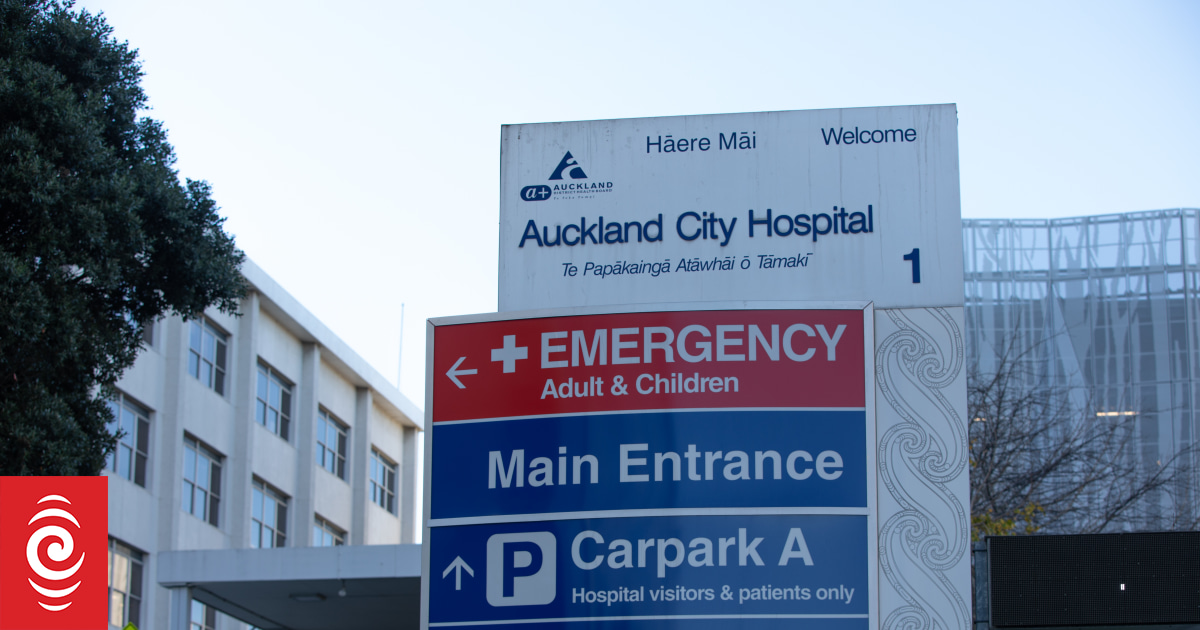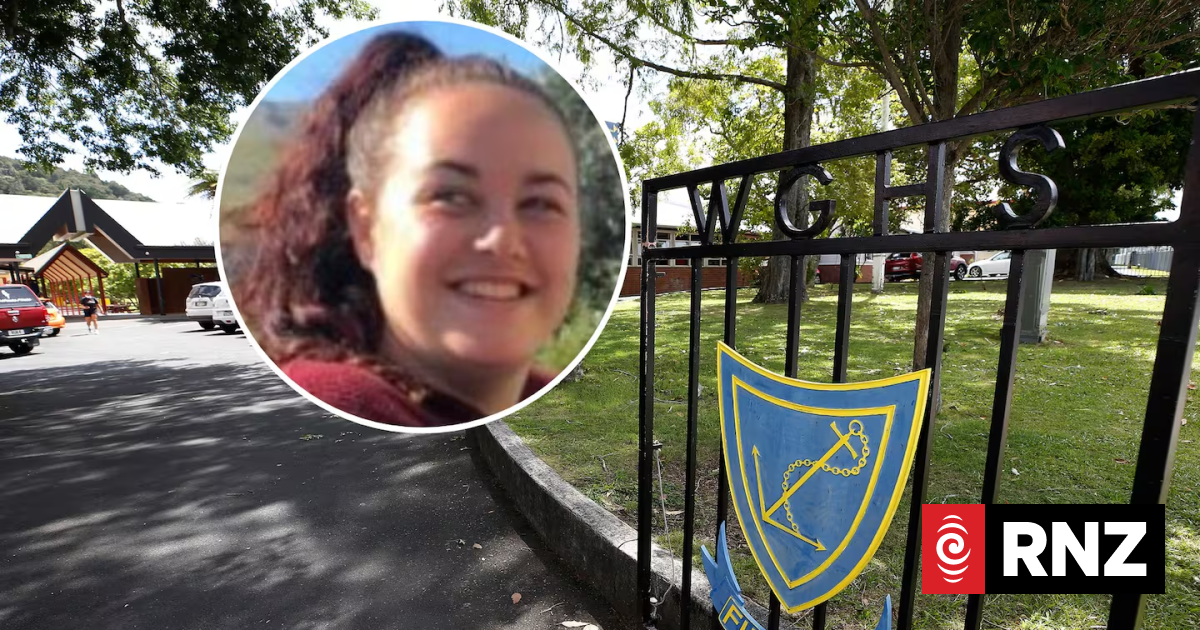Transport Minister Simeon Brown recently announced roadside drug testing would be introduced by the end of the year.
Northland road safety advocates are praising the Government’s move to introduce legislation enabling roadside drug testing by the end of the year.
The New Zealand Automobile Association (AA) and RoadSafe Northland said “it’s about time” the long-awaited measure was taken to help bring the road toll down.
Transport Minister Simeon Brown made the announcement during the Road Safety Week launch event in Wellington on May 20, confirming the legislation would be introduced this year as part of the Government’s commitment to improving road safety and restoring law and order.
AA road safety spokesperson Dylan Thomsen said the Government needs to “work as quickly as possible” to allow drug testing at the roadside.
“Giving police the ability to use roadside drug testing devices will fix a gap in New Zealand’s road safety strategy that has been exposed for too long,” he said.
“These tests are proven and have been used in Australia and Europe for years – it’s astonishing that New Zealand has taken so long to get on board with international best-practice.”
Drugs are a contributing factor in a significant number of New Zealand road deaths each year.
In 2021, 93 people were killed in crashes where a driver was found to have the presence of drugs – nearly a third of all fatalities that year.
In 2022, drugs were involved in 112 out of 374 total road deaths, according to New Zealand Transport Agency Waka Kotahi (NZTA) figures.
Thomsen said the tests would be an “important deterrent” to those thinking about getting behind the wheel while under the influence.
“Far too many people are still willing to risk lives by driving after taking drugs or drinking alcohol.
“With drugs involved in so much harm on New Zealand roads, it is ridiculous testing has taken so long to be introduced.
“Victoria in Australia introduced drug testing 20 years ago.”
Though the previous Government passed legislation to introduce roadside drug testing, the tests needed to be suitable for evidentiary standards, rather than screening standards.
Saliva testing was due to begin in March 2023 but was postponed as the device needed didn’t exist.
That made the legislation “flawed and unworkable”, Brown said.
The new legislation would give police the power to screen drivers for drugs using oral fluid testing devices, similar to drink-driving enforcement.
The Government plans to set targets for police to undertake 50,000 oral tests annually once roadside drug testing is implemented.
RoadSafe Northland road safety co-ordinator Ashley Johnston said she was “really supportive” of the move, adding, “It’s about time.”
“We’re keen to get this rolled out finally to help bring the road toll down.
“It’ll be great to have it on our roads as a tool working toward a safer roading system.
“It should already be here. Australia has had roadside drug testing for a very long time – there’s no reason why we shouldn’t already have it.”
Jenny Ling is a news reporter and features writer for the Northern Advocate. She has a special interest in covering roading, lifestyle, business, and animal welfare issues.



